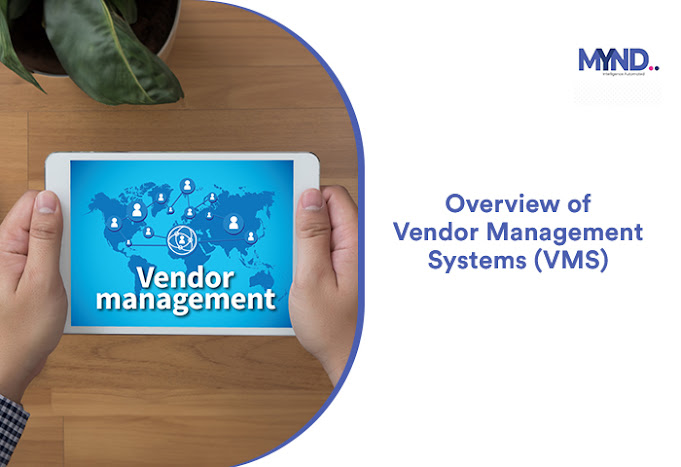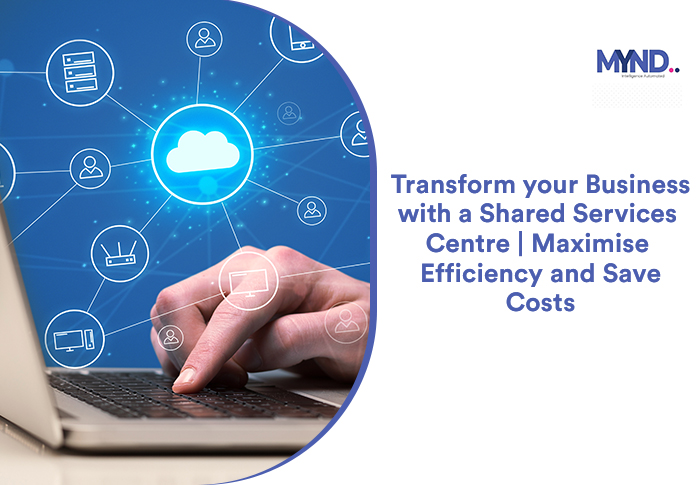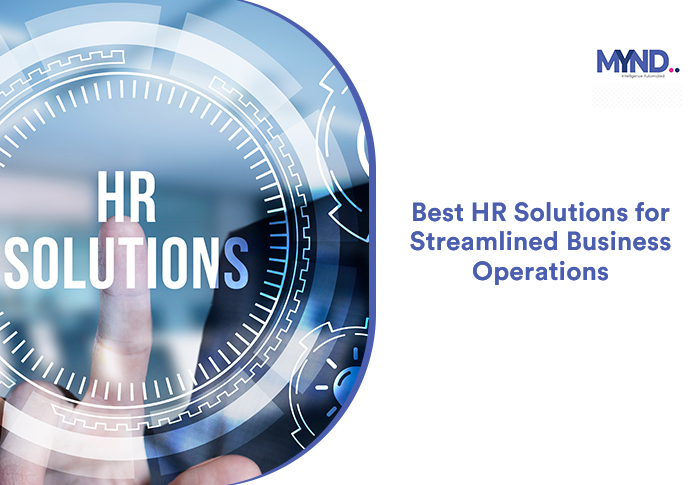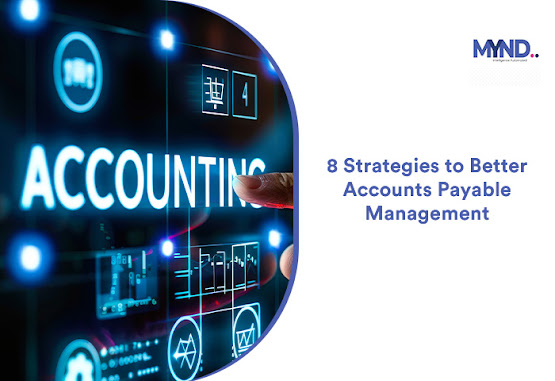Overview of Vendor Management Systems (VMS)
 |
| Overview of Vendor Management Systems (VMS) |
What is Vendor Management Software?
Vendor management software is a type of enterprise software designed to
streamline the procurement and management of temporary employees and external
vendors. It serves as a centralised database for vendor information and
facilitates efficient communication and collaboration with vendors.
The Need for Vendor Management Software
Vendor management software is crucial for businesses seeking to control
costs, enhance service quality, and mitigate risks throughout the entire vendor
engagement process. By implementing an effective vendor management system,
organisations can optimise their vendor management procedures, increase
efficiency, minimise costly errors, and ultimately contribute to the overall
success of the company.
Vendor Management Systems
Vendor management systems (VMS) are valuable tools for businesses that
engage contingent labour, such as vendors, contractors, and freelancers. These
systems offer a centralised platform for communication, project management, and
payroll management. An effective VMS enables users to easily create and manage
vendor data as well as store important documents like financial statements,
contracts, and insurance certificates. Additionally, a good VMS should have the
capability to track vendors based on risk and performance.
Account payable management is a vital component of vendor management
systems. By automating the management of orders, contracts,
deliveries, and payments, businesses can save valuable time and minimise errors
in the process.
Payroll Management System
Payroll management systems are a crucial aspect of vendor management systems.
By integrating payroll software into the VMS, businesses can ensure accurate
and timely payment for their contingent labour. This helps streamline the
payment process and ensure that vendors, contractors, and freelancers are
compensated promptly and correctly.
Payroll Management Software
Payroll management software provides businesses with an efficient way to
manage their payroll processes. By automating tasks like time tracking and tax
calculations, businesses can save time and minimise errors. This technology
streamlines the payroll process, ensuring accurate and timely payments to
employees while improving overall payroll management efficiency.
Who Can Benefit from Vendor Management Systems?
Vendor management systems (VMS) offer advantages to businesses of all
sizes, from small startups to large corporations. Any organisation that employs
contingent labour can benefit from the increased efficiency and risk reduction
that come with using a VMS. By utilising a VMS, businesses can streamline their
vendor management processes, improve communication, and effectively manage
their contingent workforce, leading to improved operational efficiency and
overall success.
How much does a VMS cost?
The cost of
a Vendor
Management System (VMS) varies depending on the provider and
included features. Pricing information is often not readily available online,
requiring direct contact with sales representatives. Some providers charge a
percentage fee on spending, which can result in significant costs for large
businesses. It is crucial to thoroughly evaluate the features and pricing of
different VMS providers to select the most suitable solution within your
business's budget.
How can a business choose the most suitable VMS
provider as per their needs?
When
choosing a Vendor Management System (VMS) for your business, consider
these key factors:
•
Delivery Models: Look for a VMS that offers flexible delivery models to suit your
contingent workforce programme structure.
•
Data Management: Ensure the VMS enables efficient management of vendor data and
important documents like financial statements and contracts.
•
Risk and Performance Tracking: Choose a VMS that allows you to track vendors
based on risk and performance.
•
Vendor Communication and Collaboration: Seek a VMS that provides a secure portal for
vendors to share documentation and collaborate with your business throughout
the contract period.
•
Reporting Capabilities: Opt for a VMS that offers robust reporting
features, making it easy to generate valuable insights for management.
Considering
these factors will help you select the right VMS provider to meet your
business's needs and streamline your vendor management processes.
Conclusion
Vendor management systems are crucial for businesses aiming to streamline
their vendor-related processes. These systems automate tasks, saving time,
reducing errors, and ultimately contributing to increased overall success. By
leveraging vendor management systems, businesses can enhance efficiency
and optimise their vendor management practises.



Comments
Post a Comment